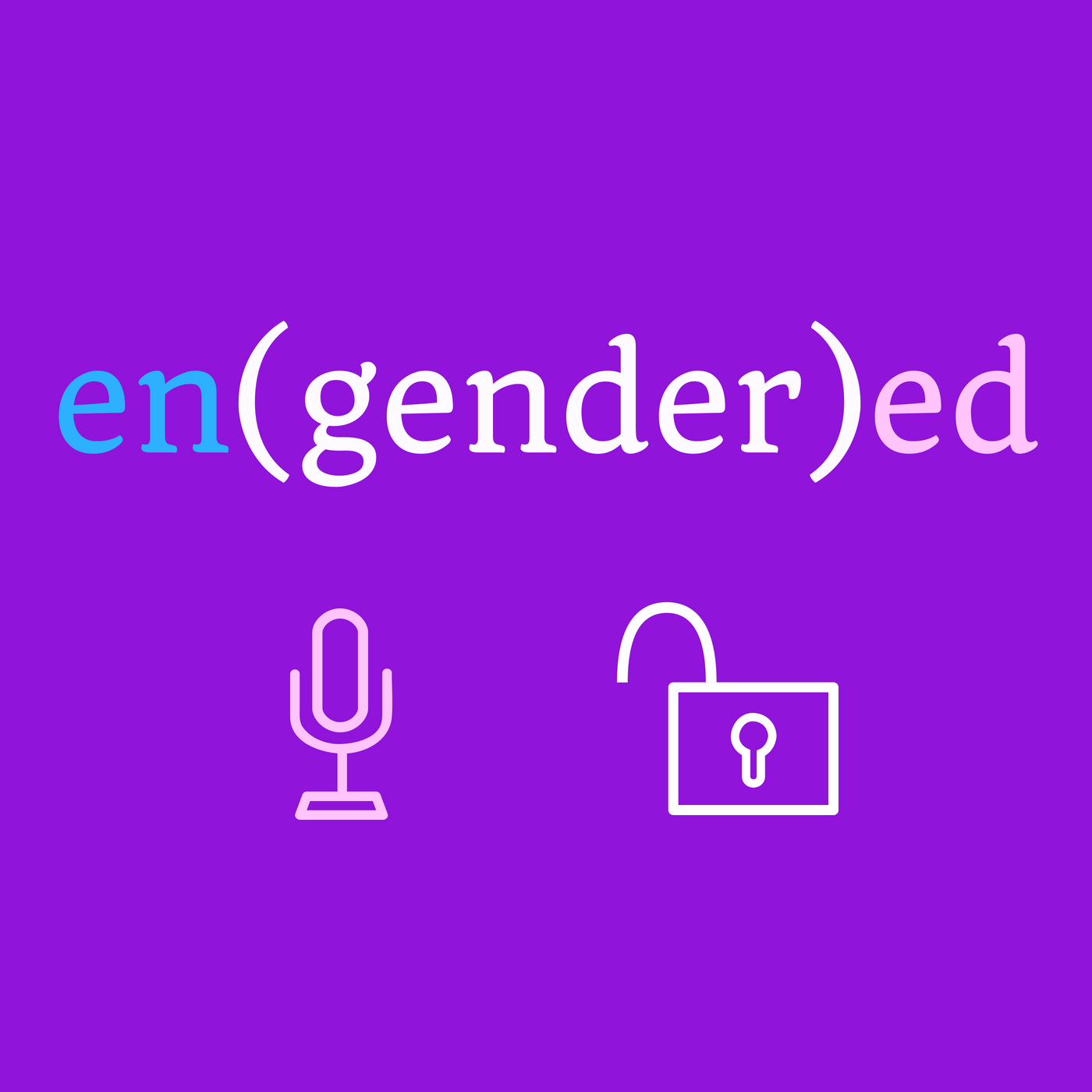
 On this episode of en(gender)ed, our guest is Jess Hill, an investigative journalist who has been researching and writing about domestic abuse since 2014. Jess was listed in Foreign Policy’s top 100 women to follow on Twitter and one of the 30 most influential people under 30 by Cosmopolitan magazine. We speak with Jess today about her book, “See What You Made Me Do: Power, Control and Domestic Abuse” and the issues it addresses with regard to how patriarchy constructs masculinity and its intersection with how society defines abuse, enables it, minimizes it, and misconstrues it. In our conversation, Jess and I also delve into the ways her book and research offers examples of success and disruption that are worth exploring.
On this episode of en(gender)ed, our guest is Jess Hill, an investigative journalist who has been researching and writing about domestic abuse since 2014. Jess was listed in Foreign Policy’s top 100 women to follow on Twitter and one of the 30 most influential people under 30 by Cosmopolitan magazine. We speak with Jess today about her book, “See What You Made Me Do: Power, Control and Domestic Abuse” and the issues it addresses with regard to how patriarchy constructs masculinity and its intersection with how society defines abuse, enables it, minimizes it, and misconstrues it. In our conversation, Jess and I also delve into the ways her book and research offers examples of success and disruption that are worth exploring.
During our conversation, Jess and I referenced the following resources and topics:
- The case of Luke Batty in 2014 that started Jess to report on domestic abuse
- Jess’ approach as a journalist on how she investigated and told these stories
- Lundy Bancroft’s Why Does He Do That?
- Domestic abuse as “coercive control” and Evan Stark’s book by the same name
- Diana Russell’s Rape in Marriage
- Albert Biderman’s “Chart of Coercion”
- Different types of perpetrators and common behaviors or behavioral drivers
- The impact of attachment theory in family court outcomes and, subsequently, abusers’ use of disinformation tactics like Richard Gardner’s “Parental Alienation Syndrome” theory to bias family courts against victims of abuse across the globe
- Ferraro and Johnson’s list of six ways in which women rationalize their abuse to stay in their relationships
- Women’s police stations in the global south, including Brazil, Argentina, India, that offer female police officers that help other women leave abusive relationships and pursue accountability through the courts
- The Northpoint, NC, “focused deterrence” or “transformative justice” approach to increasing abuser accountability
Don’t forget to subscribe to our show!

